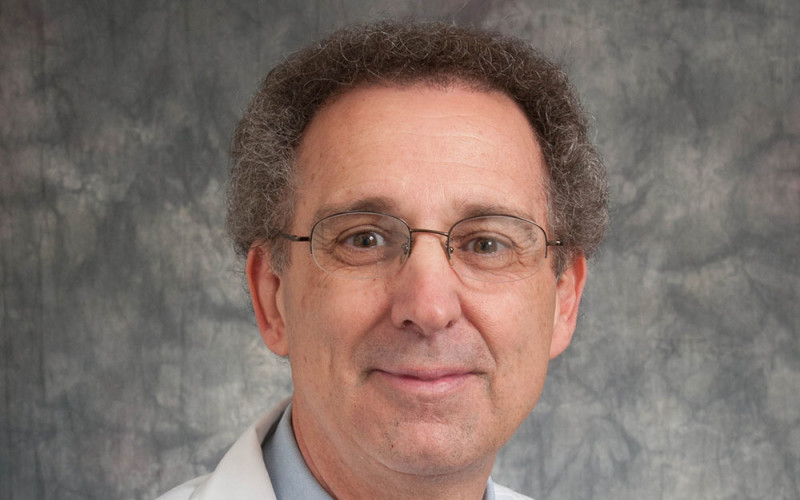Q&A: Alzheimer’s, dementia and memory loss


Can you boost your intellect and postpone mental aging? Yes, said experts from Christiana Care’s Swank Memory Care Center at an April panel discussion at Pizza by Elizabeths in Wilmington. Moderated by Virginia Collier, M.D., MACP, the Hugh R. Sharp Jr. Chair of Medicine, the panel featured David Simpson, M.D., director of the Swank Memory Care Center, Patricia M. Curtin, M.D., FACP, CMD, chief of Geriatric Medicine, and Mary Beth Transue, LCSW, senior social worker and program manager at the Swank Memory Care Center. In this Q&A, Dr. Simpson addresses memory loss and how to prevent it, and caring for a loved one with dementia.
Q: What are some causes of memory loss?
A: Forgetfulness can be a normal part of aging, occurring from changes in the brain as we get older. Many other factors can cause memory loss, including a genetic predisposition, lack of important vitamins — especially B-12 and Folate — side effects from medications, and certain health disorders.
Anxiety and depression are often-overlooked factors that can make a person more forgetful and appear to be dementia. In fact, as anxiety and depression dissipate or are treated, the forgetfulness usually fades.
Q: How can you tell if it’s forgetfulness or dementia?
A: If you sometimes forget where you parked the car, that’s OK if it happens on an occasional basis. If you are consistently not recalling what your glasses are for, if you are confused about time and place, or if forgetting is truly disrupting your life, that can indicate a more serious problem.
Persistent, consistent forgetfulness is a sign to seek help from a medical professional.
Q: What’s the best way to help a parent or loved one who has been diagnosed with dementia?
Caregivers are essential partners to our patients and to us as health care providers. In the early stages of the disease, talk with a professional about the planning for the future by addressing finances and other legal matters.
Most of all, caregivers need to take care of themselves, so they can best help their loved ones with dementia. Seek and take advantage of help and support. At the Swank Memory Care Center, we can connect you to resources that can help your parent or loved one and you. The Alzheimer’s Association has a help line (800-272-3900) as well as support groups, and can help identify day programs, private-duty nursing and transportation.
Q: What is being done more broadly to address dementia, Alzheimer’s and memory loss?
A: As part of a federal initiative, Delaware has a state plan to address Alzheimer’s disease and related disorders by raising awareness, strengthening long-term care for Delawareans with memory disorders, increasing support for caregivers, improving capacity for Delaware’s workforce to respond to the needs of patients with memory disorders and increasing research capacity and data collection. Patricia M. Curtin, M.D., FACP, CMD, chief of Geriatric Medicine at Christiana Care, was part of a task force that crafted the state plan.
Stay Sharp!
- Be planful. Did you make your “to-do” list today? Planning tasks and using memory aids like notes and calendars can help aid memory.
- Be social. Volunteer. Take a class. Play an instrument. Staying involved in activities can help your mind and your body.
- Be active. Whether it’s walking, gardening, housework or a full-on workout, several studies show that exercise is associated with better brain function. However, more research is needed to prove whether exercise can help to maintain brain function or prevent or delay symptoms of dementia or Alzheimer’s disease.